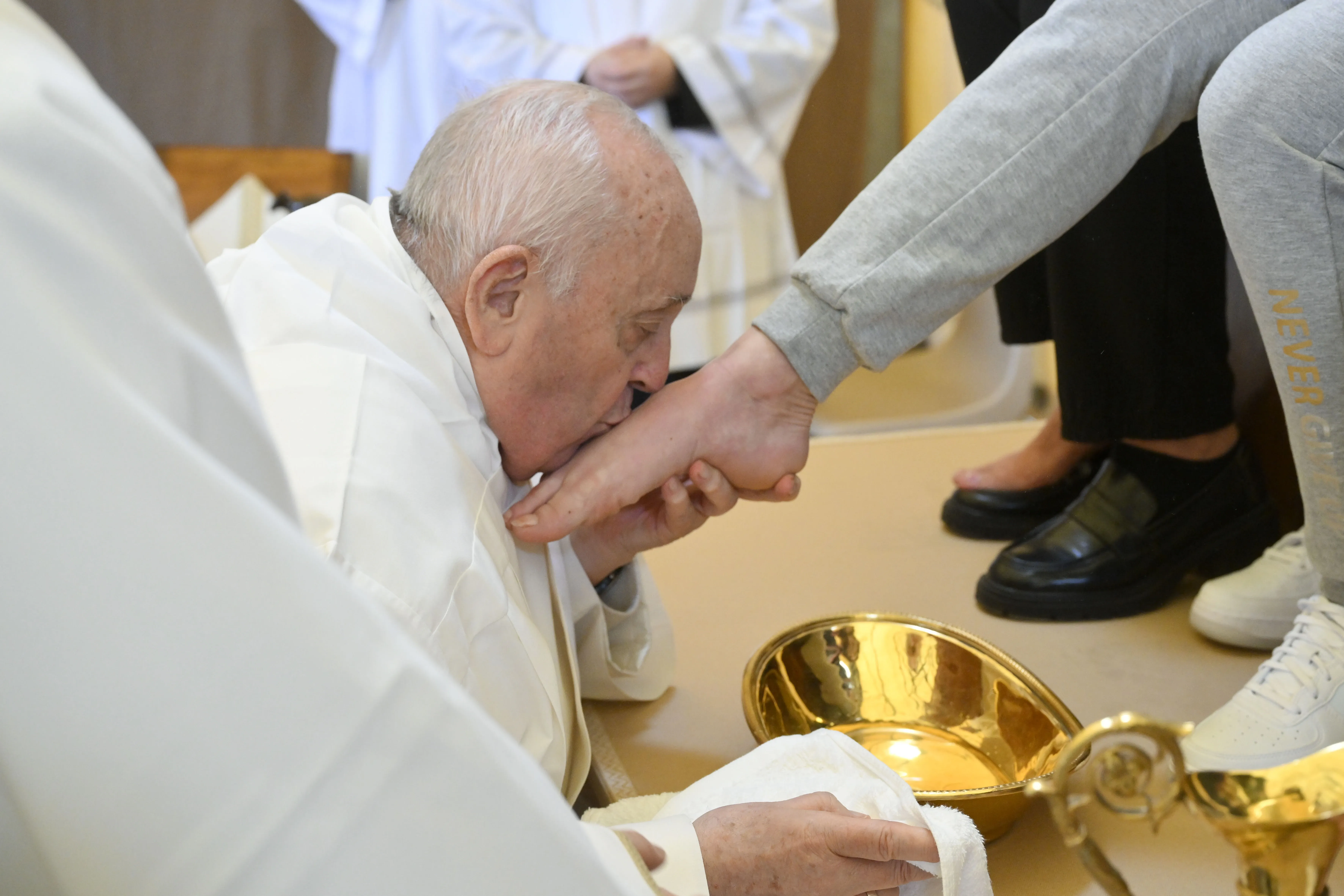Vatican City, 26 September, 2019 / 4:25 pm (ACI Africa).
In a meeting with Jesuits in Mozambique earlier this month, Pope Francis said that clericalism is a direct result of rigidity and linked to a fixation on sexual morality.
“One dimension of clericalism is the exclusive moral fixation on the sixth commandment,” Pope Francis said according to the Jesuit-run journal La Civilta Cattolica transcript published online Sept. 26.
“We focus on sex and then we do not give weight to social injustice, slander, gossip and lies. The Church today needs a profound conversion in this area,” the pope said.
“Once a Jesuit, a great Jesuit, told me to be careful in giving absolution, because the most serious sins are those that are more angelical: pride, arrogance, dominion… And the least serious are those that are less angelical, such as greed and lust,” he explained.
Pope Francis said: “Clericalism has a direct consequence in rigidity. Have you never seen young priests all stiff in black cassocks and hats in the shape of the planet Saturn on their heads? Behind all the rigid clericalism there are serious problems.”








